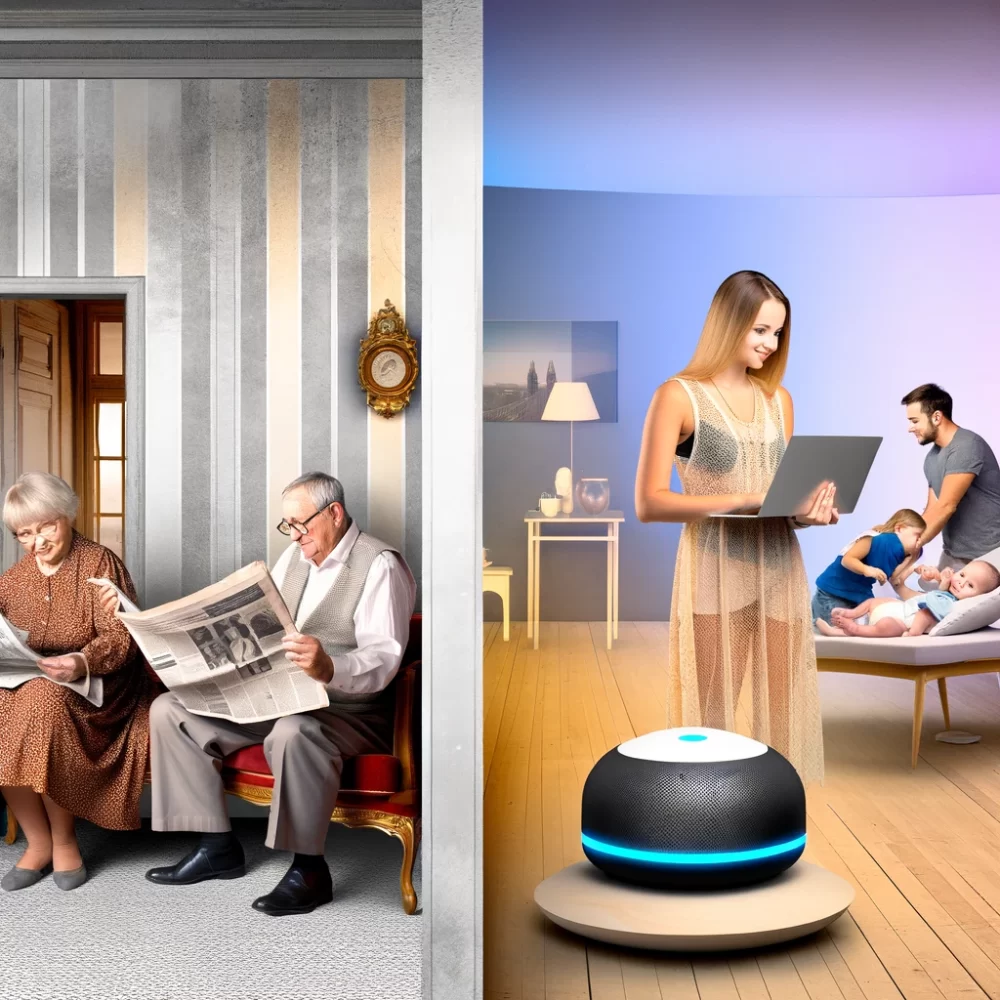Baby Boomers have been a popular topic in media, marketing, and social commentary for decades. As the group born between 1946 and 1964 enters their later years, it’s time we shift our focus and explore why the continued spotlight may not be necessary or beneficial. Here are ten compelling reasons to stop writing about Baby Boomers.
1. Overexposure Leads to Stereotyping

Baby Boomers are often painted with a broad brush, accused of being resistant to change or technologically inept. These stereotypes are not only unfair but also largely inaccurate. Many boomers have embraced technology and change, especially as they’ve aged. By constantly focusing on this demographic in a stereotypical way, we fail to appreciate the diversity and individuality within this large group. It’s essential to recognize that not all Baby Boomers fit the molds we’ve created for them.
2. Younger Generations Are Shaping the Future

While Baby Boomers have played significant roles in shaping societal norms, the baton has been largely passed to Millennials and Generation Z. These younger generations are now the primary drivers of culture, economics, and technology. They are also entering peak consumption ages, making them more relevant to market analysts and cultural commentators. Focusing more on the preferences, habits, and challenges of younger demographics will provide fresher insights and more current perspectives.
3. The Economic Focus Should Shift

Much has been said about the economic impact of Baby Boomers, particularly regarding retirement and social security systems. However, it’s time to shift the economic focus towards the needs and challenges facing younger generations, such as housing affordability and job market changes due to automation and globalization. Addressing these issues is crucial for economic stability and growth, as these generations will soon be the backbone of the economy.
4. Changing Household Dynamics

The traditional family structure often associated with Baby Boomers is becoming less prevalent. Today’s households are more diverse, with changes in marriage rates, family size, and roles. Writing about these evolving dynamics offers a more current understanding of societal trends, moving away from outdated models that no longer represent the majority.
5. Innovations in Aging Are Not Exclusive to Boomers

Innovations in healthcare and aging, such as telemedicine and smart home technology, are often discussed only in the context of Baby Boomers. However, these advancements are beneficial to all age groups and are particularly relevant as the global population ages. Broadening the discussion beyond Baby Boomers can help in understanding how these innovations impact everyone.
6. Political Diversity Within Generations

There’s a tendency to view Baby Boomers as a politically homogeneous group, often blamed for certain political outcomes. However, this overlooks the significant diversity of political thought and voting behavior within any demographic group. Younger generations also exhibit a broad range of political leanings, and their growing influence is more pertinent to current and future political landscapes.
7. Environmental Concerns Need Younger Voices

Environmental issues require the energy and long-term thinking characteristic of younger generations, who will live with the consequences of today’s decisions. While Baby Boomers are certainly stakeholders in the future of our planet, the environmental activism of younger people is a more relevant topic that needs further exploration and support.
8. Technological Advancements Move Beyond Generational Lines

The rapid pace of technological change impacts all generations. The focus on how Baby Boomers adapt to new technology can be seen as condescending or as underestimating their capabilities. A more inclusive discussion about technology adoption across all age groups would provide a more nuanced view of our changing world.
9. Cultural Shifts Reflect More Than One Generation

Cultural shifts such as the rise of digital media, changes in work-life balance, and evolving social norms are influenced by more than just Baby Boomers. Younger generations are at the forefront of these changes, often as the innovators and early adopters. Acknowledging their role offers a more accurate picture of cultural evolution.
10. It’s Time for New Narratives

Finally, it’s simply time for new narratives. By focusing so heavily on one group, we miss the rich, complex stories unfolding in other segments of the population. Fresh perspectives and new voices can enrich our understanding and appreciation of the world, providing a broader, more inclusive view of society.
Baby Boomers Deserve Recognition

While Baby Boomers certainly deserve recognition for their contributions, the media and cultural focus needs to evolve. Emphasizing the stories and challenges of younger generations and exploring new societal dynamics will lead to richer, more diverse, and more engaging content.
Read More
12 Reasons Baby Boomers Are Tired Of Being Talked About
Baby Boomers Are Making Aging Looking Great: Here Are Their Top 10 Tips
Read the full article here














